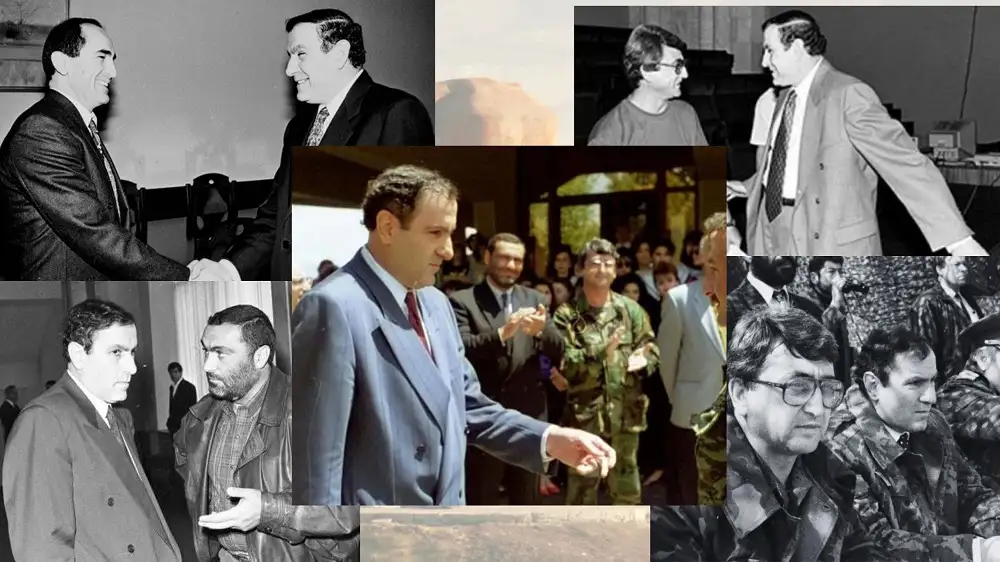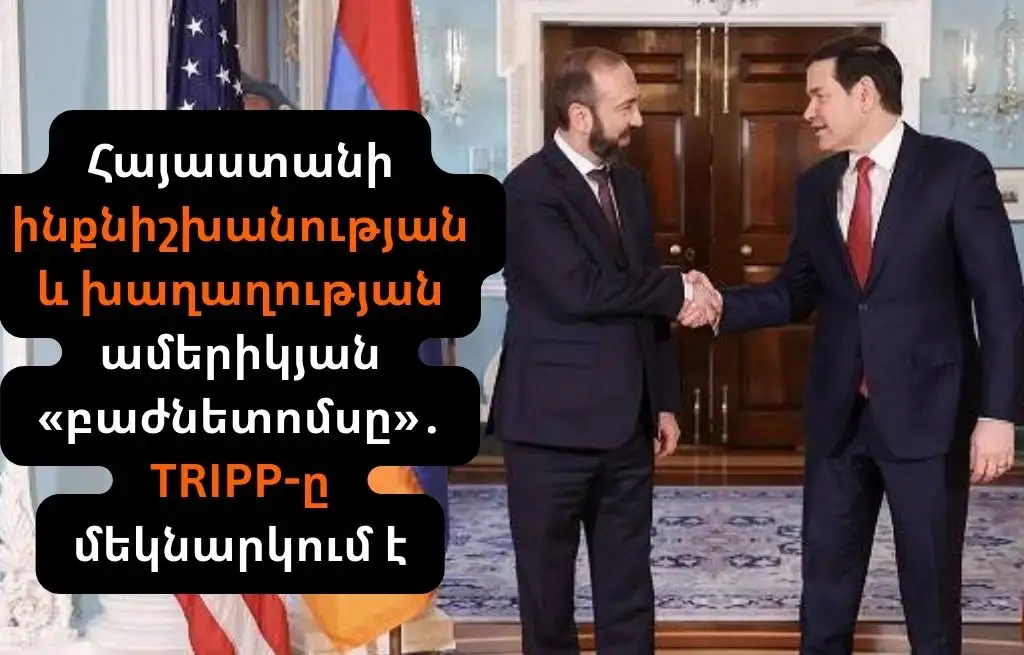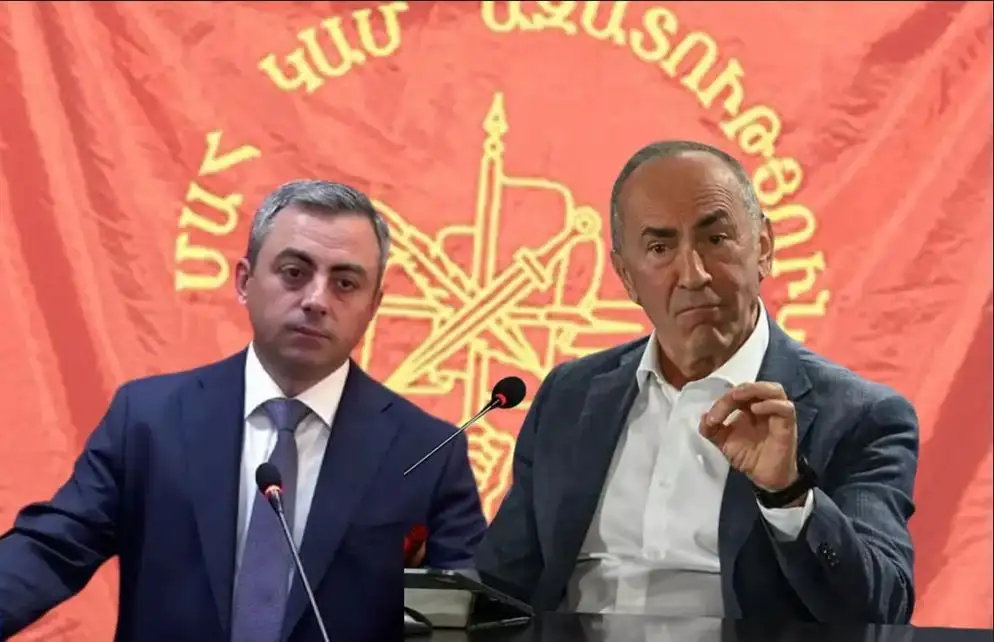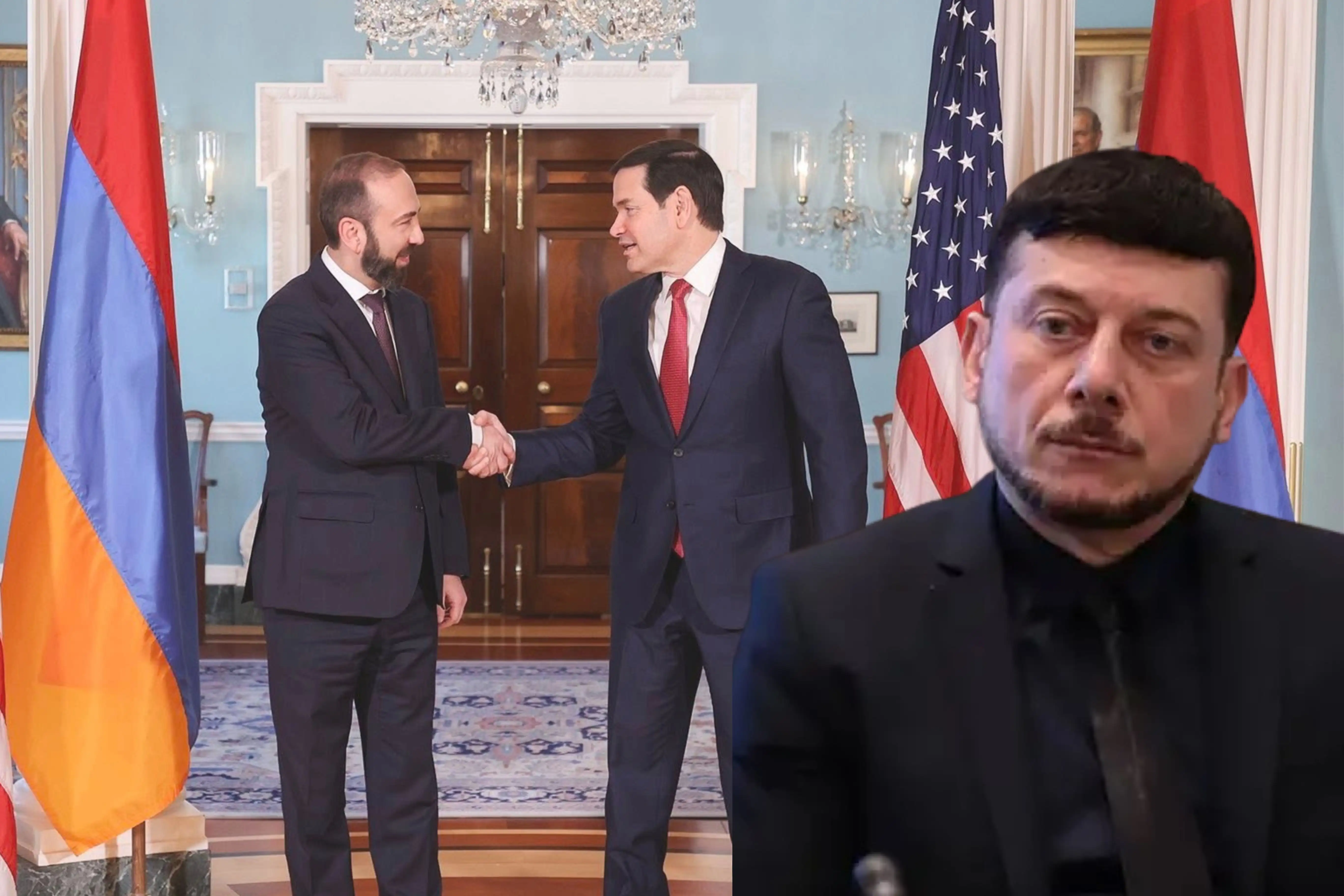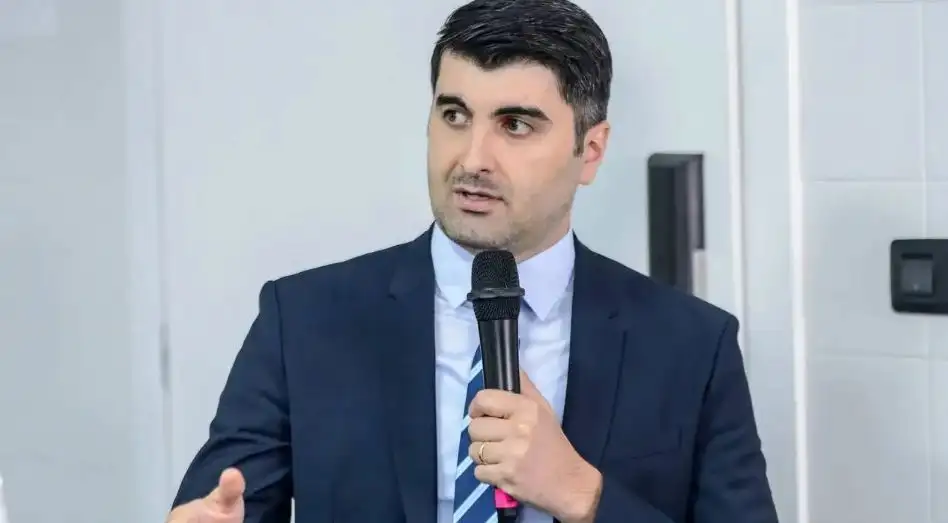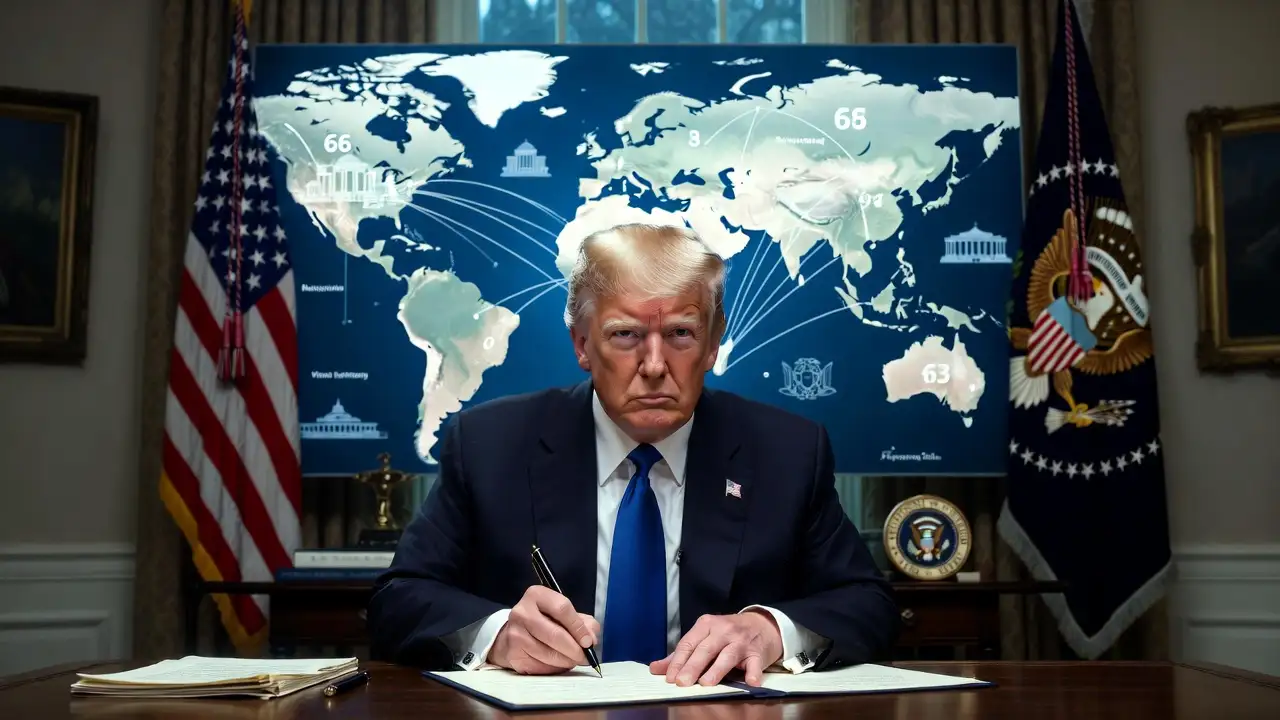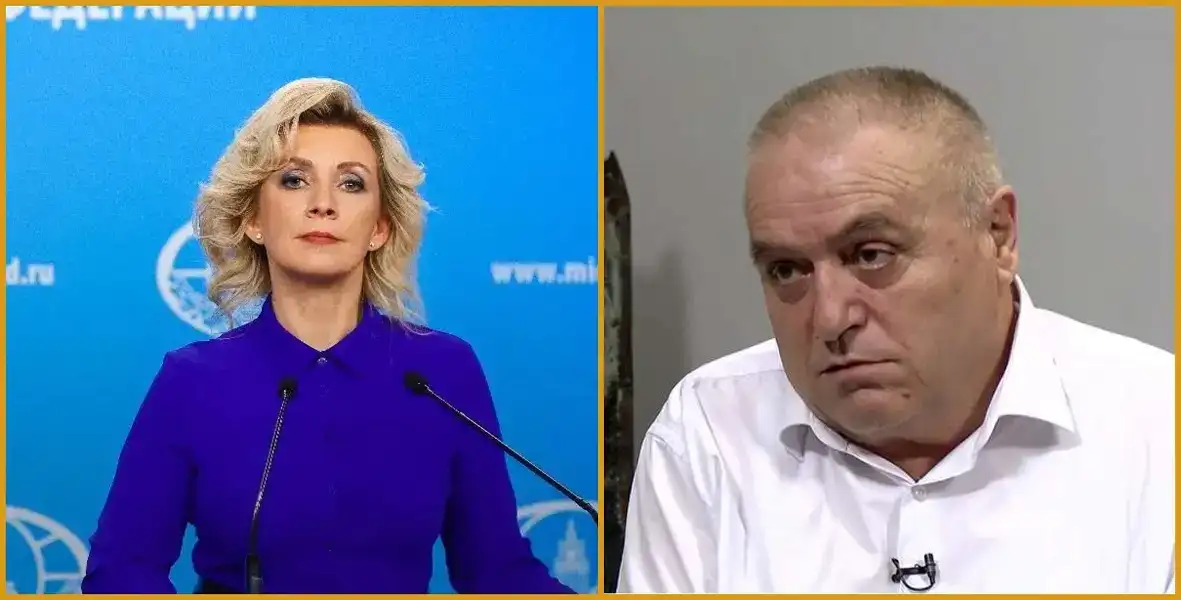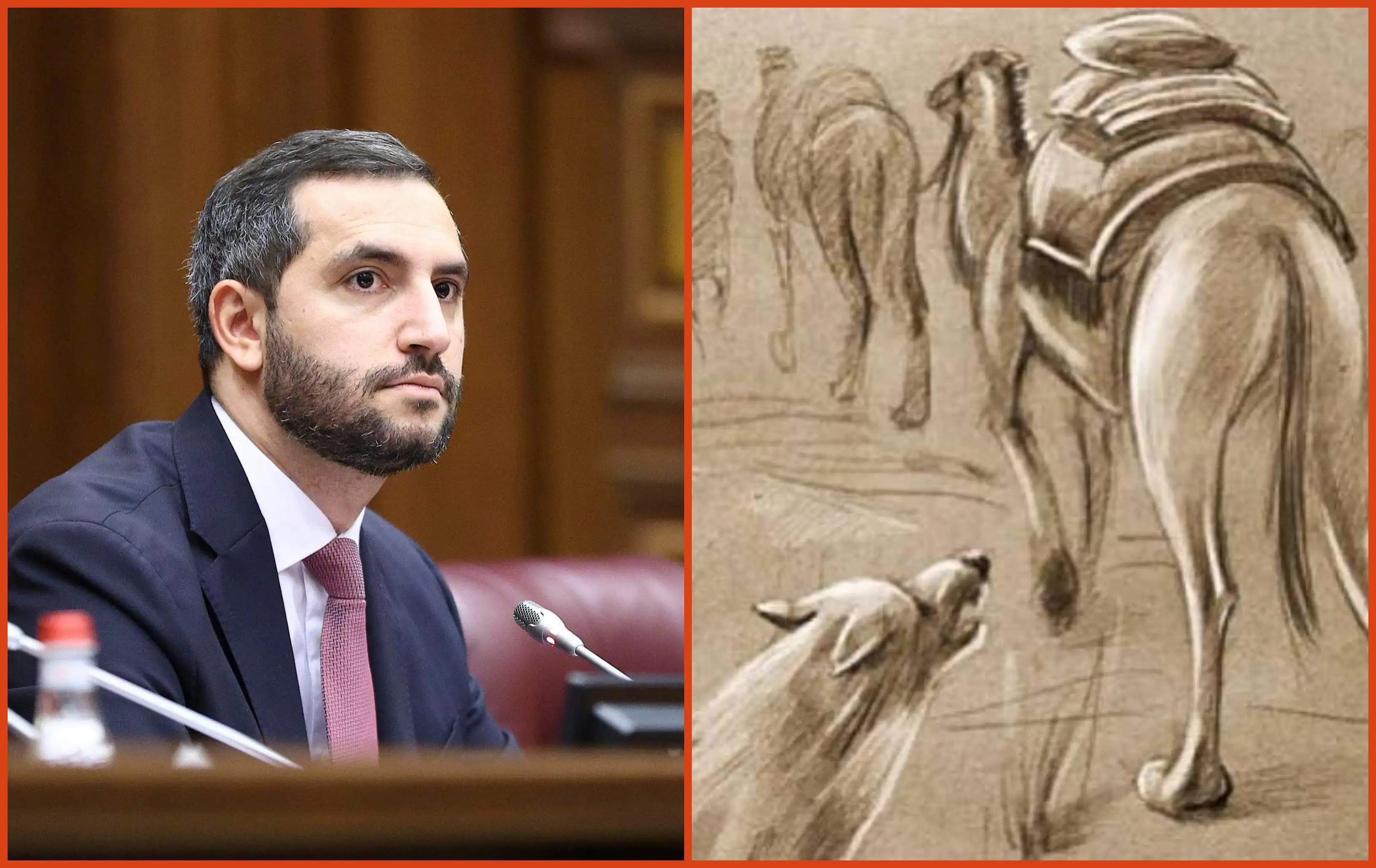In his latest interview, Serzh Sargsyan also touched upon the resignation of the first President of the Republic of Armenia, Levon Ter-Petrosyan, in 1998, and shared some details about the events of that time.
"There was a proposal during the negotiation process that was unacceptable to us—I mean Vazgen Sargsyan, Robert Kocharyan, and me. In my case, I have twice asked Levon Ter-Petrosyan to dismiss me from work, because I cannot go that way, and once I have said, dismiss all of us," he said, then made a slightly "lyrical" digression, saying that "in the last days of the three of us, the first president communicated with him. "The day before his resignation, he came to our house. He was not tense. He said, I will resign tomorrow, but let's play chess. We played three games of chess and parted ways."
That in the days preceding the resignation, Levon Ter-Petrosyan communicated only with Serzh Sargsyan from the "known forces" was also told by Robert Kocharyan in his book. "On our part, only Serzh Sargsyan spoke with Ter-Petrosyan; through him, we conveyed our questions and proposals to the president."
This, by the way.
Let's revisit Serzh Sargsyan's interview and reflect on a crucial circumstance from that episode.
In particular, when discussing the reason for the President's resignation, Serzh Sargsyan emphasized that the proposal presented during the negotiation process was unacceptable to them.
However, Serzh Sargsyan did not elaborate on which specific episode of the negotiation option was unacceptable to them or why they rejected that option.
In general, Serzh Sargsyan preferred to speak briefly about the 1998 coup d’état in the interview, even closing the topic with a hint, "I won't continue, huh?"
He did not continue the topic, although there was a lot to continue and, especially, to comment on.
In particular, by rejecting the phased version of the solution to the Nagorno-Karabakh conflict and demanding the resignation of the first president of the Republic of Armenia, were the second and third presidents later able to propose a better settlement for the conflict and, ultimately, resolve the issue?
After all, if you reject the document currently on the table, considering it unacceptable, you should strive to create a significantly better version and achieve a more favorable result.
And so, was the government of Robert Kocharyan and Serzh Sargsyan able to come up with a better version and resolve the issue?
The answer is unequivocal: NO.
All the versions discussed in the negotiation process since 1998 have, for the most part, been a repetition of the same phased version. That is, the main principles have remained the same over the years; negotiations have been held around the same principles proposed in 1997-98, and in all of those versions, the return of the territories was mentioned as the first step. Some details have been changed. However, even during that time, the most significant change has occurred: the military-political balance between the conflicting parties has shifted in favor of Azerbaijan against Armenia.
By the way (and this conversation became more active after the four-day war in 2016), the Kocharyan and Sargsyan authorities claimed as an achievement of the Armenian side that the options for resolving the conflict on the table included the idea of a referendum (plebiscite) on the status of Nagorno-Karabakh to be held in the future. The Armenian side presented this as an outstanding achievement, contrasting it with the 1997 phased version, in which the issue of Nagorno-Karabakh's status was left for an uncertain future.
Yes, such a provision was enshrined in the documents brought by the OSCE Minsk Group co-chairs. However, that provision was enshrined in conjunction with the principle of Azerbaijan's territorial integrity.
Meanwhile, in the 1997 phased version, although there was no mention of the status of Nagorno-Karabakh, not a single word was written in the document about the territorial integrity of Azerbaijan. That principle was not in the document on the settlement of the conflict.
And most importantly, although the Armenian side managed to get the consent of the OSCE Minsk Group Co-Chairs to include that provision in the document, Azerbaijan did not agree to it.
Meanwhile, in 1997, the Azerbaijani side agreed to the phased version of the settlement of the conflict. This, by the way, is the most important nuance, because without the consent of one of the parties, in this case, without Azerbaijan, any document is ineffective.
After all, the goal of that process should be the resolution of the conflict, not just negotiations and obtaining a good document. What is the value of the document if it is not implemented? It will not provide a solution to the issue. Another thing is that for the authorities of both Robert Kocharyan and Serzh Sargsyan, achieving a solution to the Nagorno-Karabakh issue was not a primary goal; instead, they consistently maintained the status quo.
Azerbaijan has consistently refused to resolve the issue since 1998. If it had agreed at some point, it has nevertheless refused to sign the document at the last moment, as happened, for example, in Kazan in 2011. By the way, Serzh Sargsyan also stated this during his presidency.
It is no coincidence that Levon Ter-Petrosyan wrote in his famous 1997 article "War or Peace: Time to Get Serious": "Let them not try to mislead the people by saying that there is an alternative to compromise. The alternative to compromise is war.
Refusal to compromise and maximalism (the desire to achieve the maximum, rather than the possible) is the shortest path to the destruction of Karabakh and the deterioration of the situation in Armenia.
...In addition to the essence of compromise, the moment of compromise is also critical. It is evident that in the case of compromise, the stronger side has the opportunity to achieve the available maximum. Armenia and Karabakh are stronger today than ever, but if the conflict remains unresolved, they will become incomparably weaker in a year or two. What we refuse today, we will ask for in the future, but we will not receive, as has happened many times in our history.
It is evident that after 1998, the military-political balance shifted sharply in favor of Azerbaijan. With geometric progression, it is clear that Azerbaijan was able to achieve results, thanks to oil contracts, whereas Armenia continued to remain isolated. And it was clear that in this case, Azerbaijan would not accept the solution to the Nagorno-Karabakh issue.
So, no matter how much the Kocharyan and Sargsyan authorities managed to remove some pro-Armenian provisions from the negotiation documents (in parallel, pro-Azerbaijani provisions were also included), this did not ensure the resolution of the Nagorno-Karabakh issue. In other words, they did not lead to the realization of the ultimate goal.
"The raising of the Artsakh issue in the crisis of power was just a pretext. The problem is much deeper and is related to the fundamentals of statehood, the alternative of peace and war. And life will show who did what for Artsakh, and who is actually selling it," Ter-Petrosyan stated in his resignation speech.
By the way, later, 23 years later, he also clarified that if he had not taken that step, then "the well-known bodies of power" would have led to a civil war.
Serzh Sargsyan did not deny that fact in his interview, although he did not touch on all of that. Meanwhile, this is also a key episode that Sargsyan, who held the position of Minister of Internal Affairs and National Defense at the time, would have done well to address.
ARMAN GALOYAN




